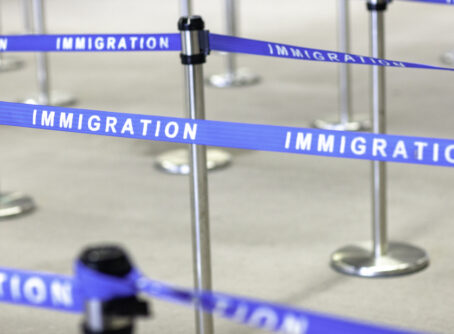Every day across the country, vulnerable Americans walk into payday loan storefronts seeking financial help. They are greeted by welcoming staff who affirm that they have indeed come to the right place for help. A short while later, sometimes within minutes, they are given a loan that they are required to repay in two weeks.
While this may sound like borrowers have received the help they desperately need, they have not. Lenders are intentionally deceptive in their marketing practices and in how much it will actually cost to repay a loan, thus trapping borrowers in a cycle of debt that can last for months and even years.
The collateral consequences of payday loans can devastate families financially, emotionally, and psychologically. As Christian citizens, this should compel us to act to protect vulnerable families and to pursue policies that promote public justice. Government, businesses, families, and the Church all meet at the intersection of payday lending, and each has a role to play in protecting families.
CPJ’s Shared Justice published a detailed report on predatory lending, “What Justice Requires: Protecting Families from Predatory Lending”.


